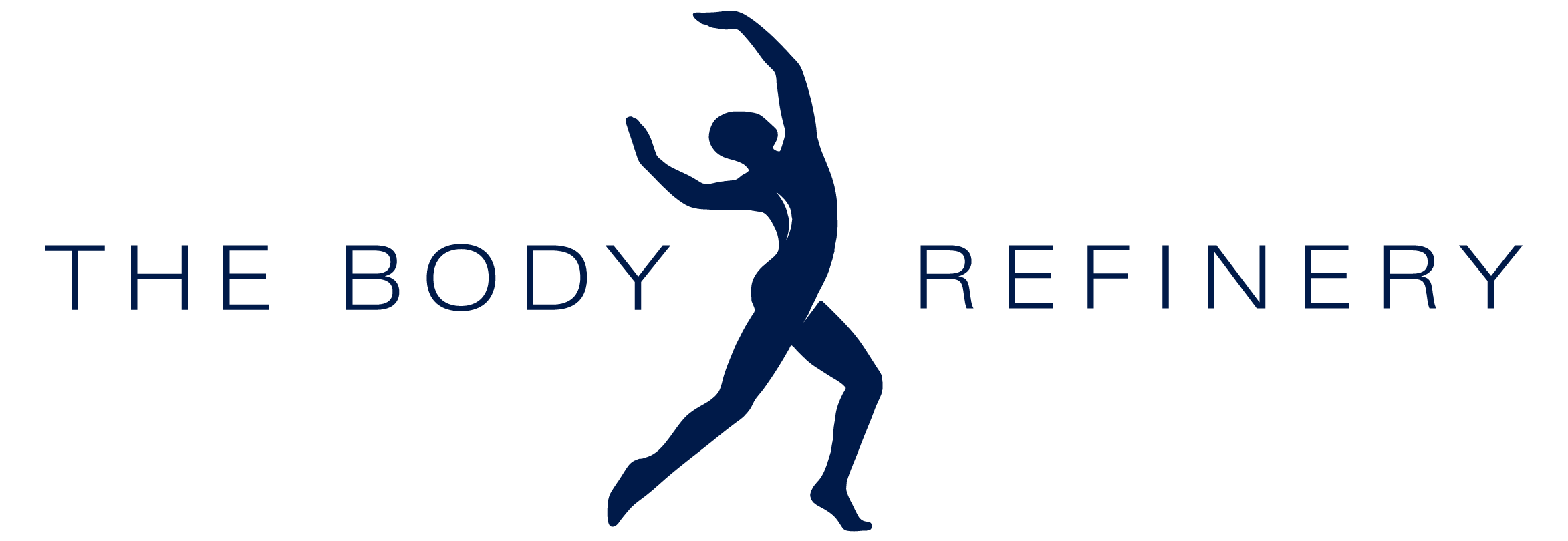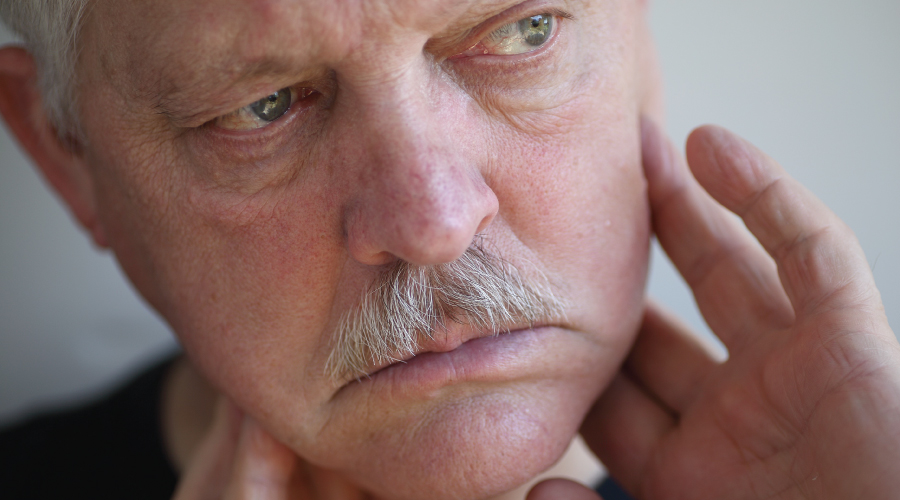Temporomandibular disorder (TMD) relates to problems with the jaw, jaw joint, and surrounding muscles that control chewing and moving the jaw. The temporomandibular joint (TMJ) is a hinge joint that connects the lower jaw (mandible) to the temporal bone of the skull. The joints are flexible, allowing the jaw to move smoothly up and down and side to side and enabling you to talk, chew, and yawn.
What Are the Causes of Temporomandibular disorder?
The causes of TMD are multifactorial. Possible factors may include:
- Trauma to the jaw, temporomandibular joint, or muscles of the head and neck – such as from a heavy blow to the face, or a whiplash injury
- Grinding or clenching the teeth which put a lot of pressure on the TMJ
- Stress and anxiety – which may cause you to tighten facial and jaw muscles or clench the teeth
- Postural position of the head, neck, and rest of the body – especially a forward head posture (“poking chin”), or slouching (kyphosis)
What Are the Symptoms of Temporomandibular disorder?
Common symptoms of TMD include:
- Pain or tenderness in the face, jaw joint area, neck and shoulders, and in or around the ear
- Limited ability to open the mouth (the normal range of mouth opening is 4.5 cm)
- Jaw gets “stuck” or “locked” when opening or closing the mouth
- Clicking, popping, or grinding sounds in the jaw joint when opening or closing the mouth (may be accompanied by pain)
- Difficulty chewing or a sudden uncomfortable bite – as if the upper and lower teeth are not fitting together properly
- Headache, neck pain, dizziness, earache, toothache, or ringing in the ears (tinnitus)

How Can Physiotherapy Help?
Your physiotherapist will perform a thorough assessment of your jaw and neck to diagnose your condition and differentiate between the structures that may be causing your symptoms. The main aim of treatment will be to relieve your symptoms, correct any predisposing factors, improve the alignment and reduce the load through the neck and jaw.
Treatment may include – postural awareness and retraining, joint mobilizations to the jaw and upper neck (cervical spine), soft tissue/muscle release techniques, dry needling/acupuncture, and exercises. You may also need to see a dentist who specializes in TMD to get an occlusal splint made to correct the position of your jaw and prevent overactivity in the jaw muscles, especially if you grind your teeth at night.
_ _ _
Book your physiotherapy appointment in our New Farm studio by contacting us at info@thebodyrfinery.com.au or 07 3358 3915.
Follow us on Facebook, Instagram and Twitter for a daily dose of Pilates and Wellbeing.


